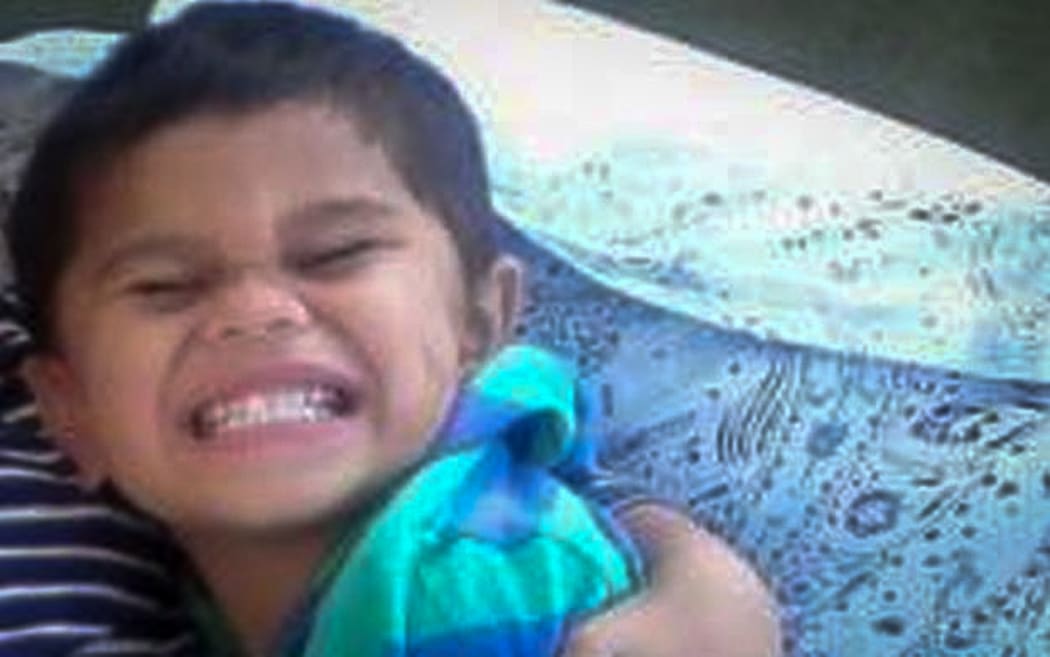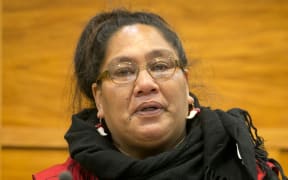A woman who has worked with abused women and children has told an inquest nothing has improved in the years between two preschoolers' violent deaths.

Moko Rangitoheriri died in 2015. Photo: NZ Police
Three-year-old Moko Rangitoheriri was abused and beaten to death by his caregivers Tania Shailer and David Haerewa in Taupō in 2015.
The pair were sentenced to 17 years in prison for his manslaughter.
An inquest into his death has re-opened in Rotorua today. The first part of the inquest was held in August.
Giving evidence, social advocate Merepeka Raukawa-Tait said nothing had really changed since 2008 when another toddler, Nia Glassie, was violently killed by the adults she lived with.
Social factors affecting whānau, including poverty, were not being addressed by the government and agencies found it very hard to provide the assistance needed, Ms Raukawa-Tait said.
More needed to be done to provide a family-wide approach with a strong emphasis on cultural identity, she said.
Paediatrician Johan Morreau told the inquest the level of violence meted out to Moko was seriously disturbing.
He had never seen a comparable case in his 34-year career, he said.
"For me this is symptomatic of the level to which we, as a country, have undervalued our children and significant proportions of our people; and how collectively we've allowed our standards of support and care to fail."
People needed to clearly understand the issues in society that made Moko's death more likely, Dr Morreau said.
During the first part of the inquest in August, Moko's mother Nicola Dally-Paki said she placed Moko and his sister with Shailer and Haerewa because she had known Shailer for 15 years and assumed the children would be safe.
The Ministry for Vulnerable Children told the inquest then that Shailer did not trigger any alarms and seemed credible to staff, and that social workers could not be expected to be mind-readers.
Today, the ministry told the inquest it had made changes to its Taupō office since Moko's death.
It had employed six new staff, bringing the number of social workers in the office to 13.
Bay of Plenty regional manager Tayelva Petley said Moko's death had been a sad journey for staff, as it was their aim wherever possible to prevent mokopuna coming to harm.
Staff were deeply saddened they were unable to do that for Moko, she said.
Children's Commissioner Judge Andrew Becroft said the main blame for Moko's death rested mainly with those who abused and beat him.
"I do not want to minimise the fact that only those who have inflicted the violence in this case could have guaranteed Moko's safety.
"And it is important in this exercise that we don't shift the primary blame from those two people."
But Mr Becroft said government agencies and at least three NGO's and family friends must bare some responsibility for Moko's death.





